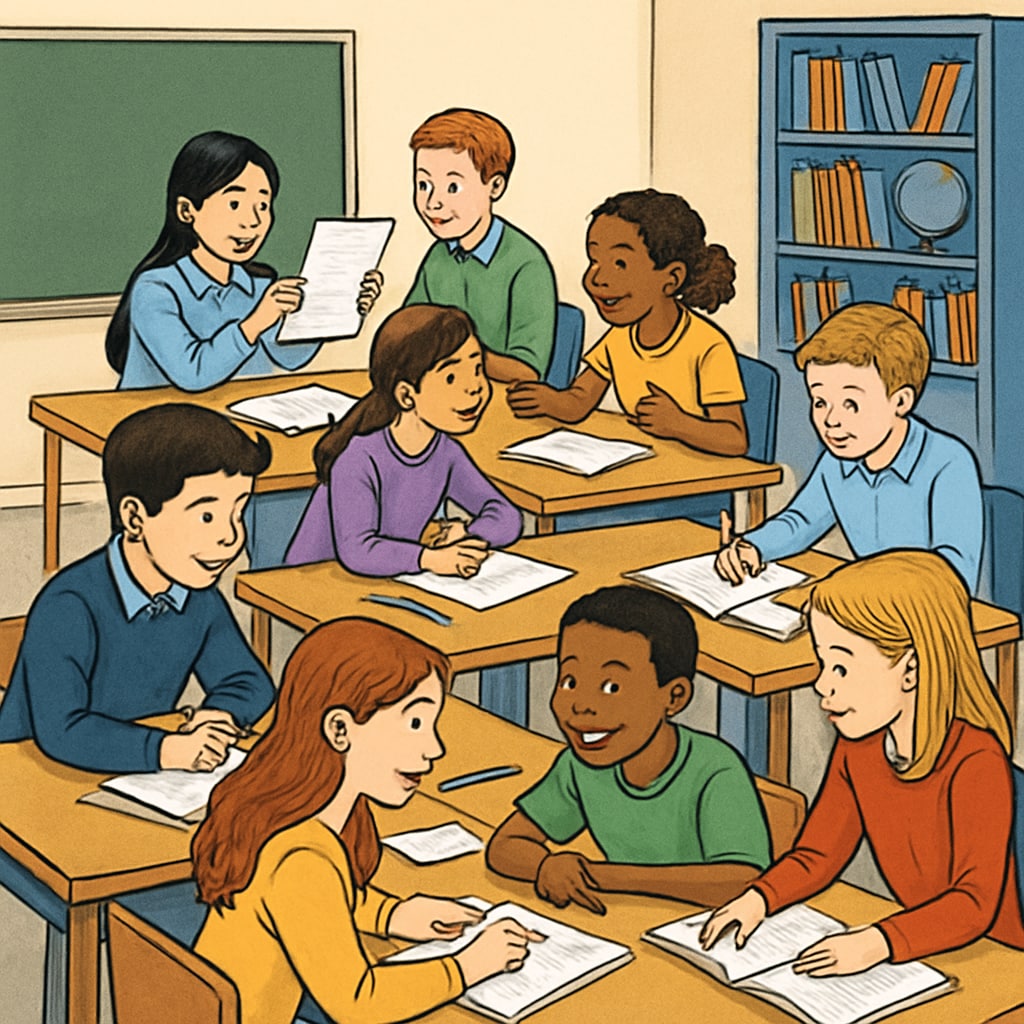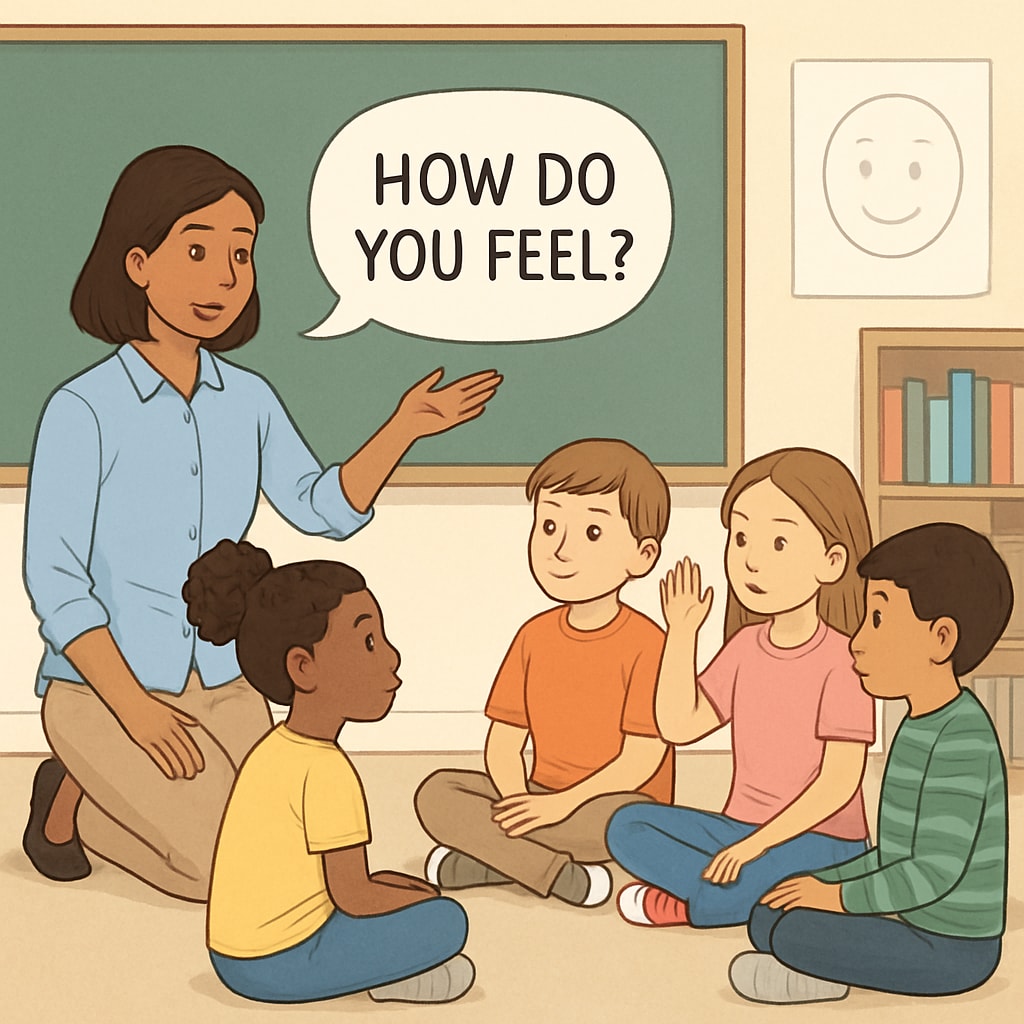The K12 education system profoundly impacts students by shaping their personal growth, critical thinking, and overall cognitive development. Through targeted approaches, educators and parents can collaborate to nurture essential qualities like self-awareness, inclusivity, and logical reasoning in young minds. This article delves into the ways K12 education fosters these traits and provides actionable strategies for cultivating them.

Building Critical Thinking Through Education
Critical thinking—the ability to analyze information independently and make reasoned judgments—is a cornerstone of personal development. K12 education provides the first formal environment where students learn to question assumptions, evaluate evidence, and develop logical reasoning skills. For example, subjects like science and history encourage students to interpret data, analyze primary sources, and construct arguments.
To foster critical thinking, educators can implement project-based learning (PBL), which challenges students to solve real-world problems. This method encourages active engagement and helps students see the value in applying their knowledge. As a result, they develop intellectual curiosity and problem-solving abilities essential for lifelong learning.
Self-Awareness: The Foundation of Personal Growth
Self-awareness—the ability to understand one’s emotions, behaviors, and values—is another key trait nurtured during K12 education. Personal growth begins with understanding oneself, and schools can play an active role in this process. Activities like reflective journaling, discussions on ethical dilemmas, and mentorship programs help students connect their actions to broader societal impacts.
For example, schools that integrate social-emotional learning (SEL) into their curricula see improved outcomes in self-awareness, empathy, and communication skills. SEL programs teach students to recognize their feelings, manage stress, and cultivate interpersonal relationships. These life skills contribute significantly to their overall development.

Fostering Inclusivity and Collaboration
Inclusivity—the practice of understanding and respecting diverse perspectives—is crucial for creating compassionate individuals. K12 education provides an ideal platform for teaching students the value of collaboration and mutual respect. Group projects, cultural exchange programs, and diversity workshops help students appreciate differences and work effectively in teams.
For example, schools that prioritize multicultural education often see students develop a broader worldview. This approach not only enhances their academic experience but also prepares them to be empathetic leaders in a globalized society. Inclusivity fosters a sense of belonging and encourages mutual respect, which are vital for personal and societal growth.
Practical Strategies for Parents and Educators
While schools play a significant role, the combined effort of parents and educators is essential for holistic development. Here are some practical strategies:
- Encourage open communication by asking students about their thoughts and feelings on various topics.
- Promote active learning through hands-on projects and extracurricular activities.
- Integrate moral and ethical discussions into daily lessons to reinforce character development.
- Support diversity by exposing students to books, films, and experiences from different cultures.
These collaborative efforts ensure students receive a balanced education that equips them with both intellectual and emotional tools for success.
In conclusion, the K12 education system is a powerful tool for shaping the character and cognitive abilities of young individuals. By focusing on critical thinking, self-awareness, and inclusivity, educators and parents can prepare students for the challenges of adulthood. When schools and families work together, the impact on personal growth and critical thinking becomes truly transformative.
Learn more about critical thinking on Wikipedia
Explore social-emotional learning on Britannica


